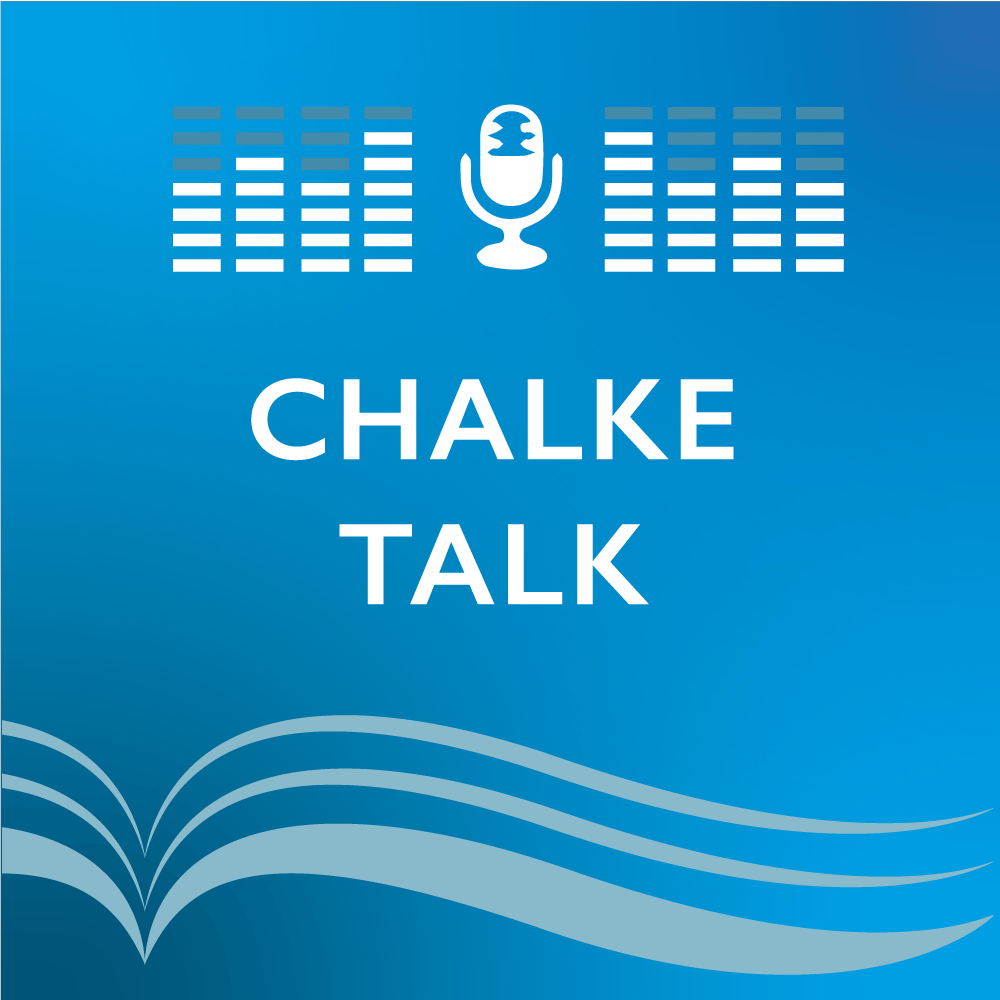In this talk, Professor Jeremy Black explains how the development of mapping from the Renaissance onwards provides us with an invaluable guide to the history of warfare. From the impact of printing through to the two World Wars and beyond, this is a fascinating and revealing talk from one of our very finest historians.
107. MAPS OF WAR: MAPPING CONFLICT THROUGH THE CENTURIES

Chalke Talk
The podcast from the Chalke Valley History Festival
Released every Monday, Wednesday and Friday mornings
Latest releases
- 107. MAPS OF WAR: MAPPING CONFLICT THROUGH THE CENTURIES
( 2017 )> PLAY - 106. AIRFORCE BLUE: THE RAF IN WORLD WAR TWO- SPEARHEAD OF VICTORY
Patrick Bishop ( 2018 )> PLAYPatrick Bishop, an outstanding historian of the wartime RAF, examines the high point of the RAF’s existence – the Second World War – when the air force saved the nation from defeat and then led the advance to victory. From the choppy seas of the Atlantic to the sands of the Western Desert to the […]
- 105. THE FIGHTER PILOTS
Colin Bell, Keith Quilter, Will Iredale ( 2017 )> PLAYWe rightly venerate those who fought in the Battle of Britain but what of those other fighter pilots who fought in World War II? Keith Quilter was a naval carrier pilot flying Corsairs in the Pacific, while Colin Bell flew Mosquitoes over Germany as part of the Light Night Strike Force. For both, the danger […]
- 104. PATRIOT OR TRAITOR: THE LIFE OF SIR WALTER RALEIGH
Anna Beer ( 2019 )> PLAYOn 29th October 1618 one of the most charismatic and controversial figures in English history was executed. Sir Walter Ralegh was an adventurer, poet and hero of Queen Elizabeth I. How could a man once considered favourite find himself consigned to the Tower? Anna Beer uncovers the truth about this problematic national hero who in […]
- 103. THE ONCE AND FUTURE FARM
Alex Langlands, Graham Harvey, Minette Batters ( 2019 )> PLAYToday farmers face unprecedented changes, exacerbated by Britain’s uncertain relationship with Europe. In this highly topical event, our experts discuss how farming has survived revolutions and reformations from the end of the 19th century to the present, and what can be done to ensure our mutual future prosperity.
- 102. MODERN IRAN: REVOLUTIONS, REPUBLIC AND WAR
Ali Ansari ( 2018 )> PLAYIran remains an enigma to most of us in the West: once Persia, a land rich in culture, exoticism and history, but more recently a country embroiled in wars and an Islamic revolution. In this talk, Ali Ansari, Professor of Iranian History at the University of St Andrews, explains why modern Iran has evolved in […]
- 101. THE SECRET WORLD: THE LOST HISTORY OF INTELLIGENCE FROM THE ANCIENT WORLD TO THE 21st CENTURY
Andrew Christopher ( 2018 )> PLAYWhat difference have security and intelligence operations made to the course of history? Professor Christopher Andrew, Britain’s foremost intelligence scholar, provides the answers. Beginning with the shift in the ancient world from divination to recognisable attempts to gather intelligence, he charts the development of intelligence and security operations through Renaissance Venice, Elizabethan England and Napoleonic […]
- 100. THE BROTHER GARDENERS: BOTANY, EMPIRE AND THE BIRTH OF AN OBSESSION
Andrea Wulf ( 2013 )> PLAYAndrea Wulf tells the story of Philip Miller, Carl Linnaeus, Joseph Banks, David Solander and others who were friends, rivals and enemies united by a passion for plants. In this fascinating talk, history and gardening meet in the telling of the birth of Britain’s green-fingered obsession.
- 99. THE GOLDEN THREAD: HOW FABRIC CHANGED HISTORY
Kassia St Clair ( 2019 )> PLAYFrom 30,000-year-old threads found in a Georgian cave to the linen wrappings of Tutankhamun’s mummy; from the lace ruffs that infuriated the puritans to the Indian calicoes and chintzes that powered the Industrial Revolution, Kassia St Clair reveals how the continual reinvention of cloth weaves a fascinating story of human ingenuity.
- 98. CABINET’S FINEST HOUR: THE HIDDEN AGENDA OF MAY 1940
David Owen ( 2017 )> PLAYDrawing on documents and minutes of the British War Cabinet meetings of May 1940, former Foreign Secretary Lord Owen reveals the passionate debates within the Cabinet that prevented Britain from seeking a negotiated peace with Nazi Germany. He explains how the post-war denial of the existence of these debates has had far-reaching consequences for Britain’s […]


